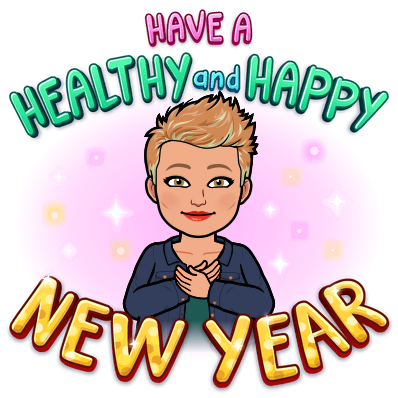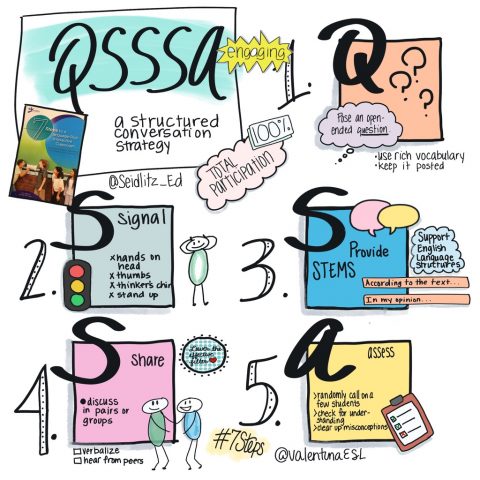Reminders
January 11th, 3:30-5:00 ELL Book Club
January 18th, 3:30-5:00pm-Impactful Differentiation: We encourage teams of teachers from schools to work together to attend the sessions (ELL support, LSS support and classroom teachers in both English and French Immersion) to develop strategies to diverse classrooms.
Schedule your file review meetings with Fanny and Michelle when you receive them back from the Welcome Centre.
Every Teacher is a Language Teacher
Instructional Conversations
Instructional Conversations is a technique to use student-centered conversations to provide more language opportunities for all students.
The teacher first introduces a topic or theme like space, for example, related to a reading. They relate it to students’ background knowledge. For instance, they could ask a question about what objects exist in space.
Then, the teacher will link it to students background knowledge. Using the previous example, one could ask about movies they’ve seen set in space and what was real or not in the film.
Next, the teacher can preview the text and ask prediction questions. As the class moves into reading, the text can be chunked to create opportunities for maximum discussion by relating back to theme and the students’ background knowledge. The teacher also reinforces students supporting their comments with evidence from the text.
Combined with other scaffolds such as sentence stems and word walls, this approach can significantly increase students’ academic discourse.




